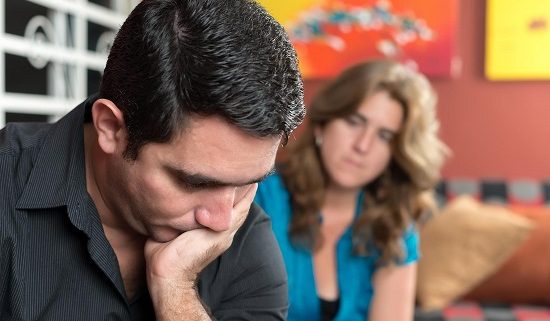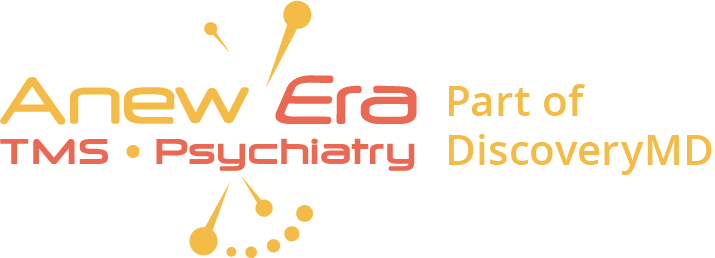Depression Not Getting Better With Medication
Depression: That complex mental health disorder that can literally hijack one’s life while stealing the very essence of the person in the process. Stuck in bed with no energy or motivation to face the day, depression robs the sense of joy and passion that once drove daily activities. The brain says get up, take a shower, eat something, and get to work, but extreme lethargy keeps the depressed individual confined to the sanctuary of their bed.
Depression can wreak total havoc on every facet of one’s life, which is what makes it such a serious disorder. Relationships suffer, your job may be in jeopardy, and self-medicating with drugs or alcohol is a real risk for substantially intensifying the fallout. When one has had enough they will reach out to a doctor for help.
As is the custom, the doctor will prescribe antidepressants, the drug selected at random from a menu of 28 such drugs, to trial for a period of six weeks. If the drug was not successful in improving symptoms, the next antidepressant is trialed for another six weeks. This one caused daily nausea and fatigue. Next….yet another drug. In your case, and thousands of other patients just like you, the depression is not getting better with medication. Now what?
The Reality of Antidepressant Therapy for Treating Depression
With the advent of antidepressants in the 1980s it was believed this was the wonder drug that could stabilize a patient’s moods and mitigate the symptoms of feeling sad and tired all the time. Antidepressants were seen as a slam-dunk for treating depression symptoms and restoring the patient’s quality of life. In those early years of Prozac, no one even considered that they might not work or could cause adverse effects. It was just assumed that those little green and white capsules would bring them back to enjoying life again.
In reality, over the decades of marketing and prescribing the different types of antidepressants, there is clinical evidence that there is only a 20% difference in the success of antidepressants alleviating symptoms versus a placebo, according to an article published by Informed Health Online in January 2017. The side effects of these drugs may be difficult to endure as well, including weight gain, fatigue, headaches, sexual dysfunction, irritability, and sleep disturbance.
What to Do When Depression Not Getting Better With Medication
If several rounds of antidepressants have failed to treat the symptoms, the patient is said to be medication-resistant. These individuals will likely explore alternative treatments for depression that are both safe and effective. One such recent entry for alternative treatment of depression is transcranial magnetic stimulation (TMS). The FDA cleared TMS technology in 2008 for treating medication-resistant major depression disorder (MDD). In the years since, it is being discovered that TMS can even help treat co-occurring mood disorders, such as anxiety and PTSD.
TMS is both safe and effective in helping those patients whose depression was not getting better with medication. TMS is very well tolerated and requires no sedation or down time, making it a highly accommodating treatment. Few side effects are reported, and those that are, such as mild headache or scalp discomfort, disappear over the course of the treatments. Patients receive the TMS therapy while fully awake and can return to their normal activities immediately following the treatment session.
TMS Helps Medication-Resistant Depression
TMS effectively treats depression by “waking up” the sleepy brain cells within the mood center of the brain. It accomplishes this by administering magnetic pulses through a coil placed on the scalp over the left prefrontal cortex to target that limbic system. The magnetic pulses induce electrical currents that stimulate these dormant brain cells.
Over the treatment period of 4-6 weeks, TMS therapy can completely reset the brain chemistry in this region of the brain that regulates decision-making, mood, concentration, and memory. Patients are likely to experience improvements in energy level, concentration, sleep quality, and emotions as a result of this cutting edge technology.
Anew Era TMS & Psychiatry Helps Patients Depression Not Getting Better With Medication
Anew Era TMS & Psychiatry is a leading provider of TMS therapy for treating major depression based in Huntington Beach, CA and serving Southern California. These TMS experts have the ability to restore your quality of life without the side effects associated with antidepressants. For more information about this amazing technology, contact Anew Era TMS & Psychiatry today at (888) 503-1549.











